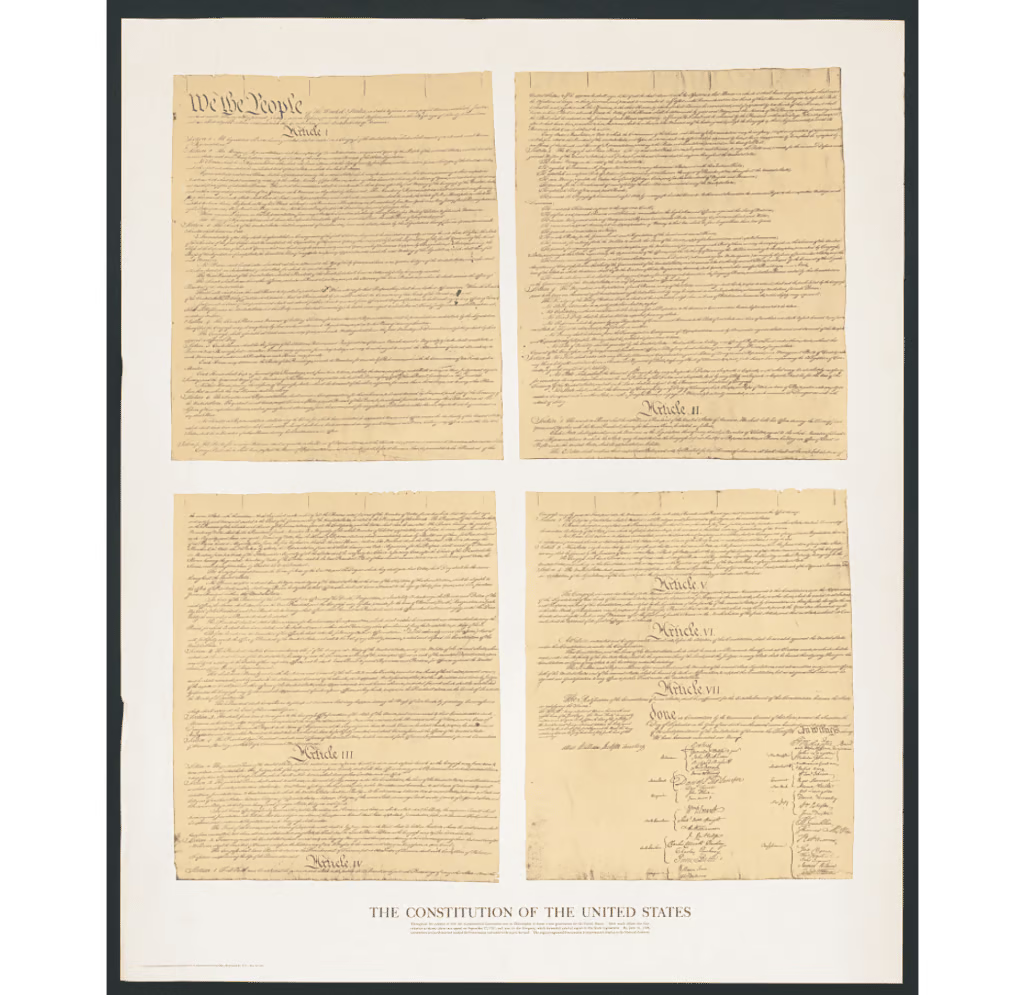Article I, Section 5, Clause 2 of the United States Constitution grants the congressional bodies the authority to determine the rules of their proceedings and punish members for disobeying them. Censure and impeachment are some of the ways a house can punish its members.
While the two have harsh consequences, stronger than a typical condemnation, they differ in several ways. Read on to learn how censure compares to impeachment.
What Is Censure?
Sometimes referred to as condemnation or denouncement, censure is when a member of Congress is condemned for disorderly behavior or action that counters the House’s acceptable standards.

In the United States, censure happens when the House publicly rebukes or criticizes the president of the United States, a member of Congress, a judge, or a cabinet member based on the rules adopted by the House.
Notably, although “censure” is not included in constitutional law, the United States Constitution allows the Senate and House of Representatives to punish its members, creating room for members to reprimand a member whose action or behavior doesn’t conform with set rules.
Oftentimes, denounced, condemnation, and rebuke is used in resolutions regarding censuring members of Congress. This is mainly because the term “censure” is not included in the constitution, thus, not commonly considered an acceptable form of reprimand.

Like a typical disapproval, a censure doesn’t remove the censured member from office — a censured member can still vote and retains his or her title. Even so, it may psychologically affect the member of the House and his or her relationships in the Senate.
Censure proceedings
The United States Constitution grants each house the power to punish its members, meaning censure can be initiated and independently voted in either chamber.
Usually, an intent to rebuke is introduced as a debatable motion in the house and requires a two-thirds majority vote. The member of the houses being censured is not referred to by name in the debate but by the title they hold.

Notably, if a motion is brought to the house to censure a presiding officer, he is first supposed to relinquish the chair role to the vice president until the motion is disposed of.
As the process continues in the parliament, the vice president is still referred to as Mr/Ms vice president.
Once the censure motion is passed, the person with the chair responsibilities addresses the censured person by name. The address is made to inform this person that the majority vote of the assembly has censured him.
To complete the process, the chair informs the censured person of the assembly’s disapproval of his/her conduct.
What Is Impeachment?
At its core, impeachment refers to the practice of formally charging a public official for misconduct or unacceptable behavior. Unlike a censure, impeachment has severe legal consequences, where the impeached is removed from office or required to resign.
In the United States, a federal officer is liable to impeachment if he or she commits a crime or misbehaves.

The impeachment clause, Article II, Section 4, provides that the president, vice-president, and all civil officers of the United States shall be impeached if convicted of treason, bribery, or high crimes, as well as misdemeanors.
This gives the House of Representatives the power to impeach such public officials subject to trial by the Senate.
With impeachment, the House institutes impeachment proceedings by approving articles of impeachment, and then the Senate administers the trial and votes to acquit or convict the official.
The trial can be complex because the constitution does not specify “High Crimes and Misdemeanors” in the impeachment.
A federal officer can only be impeached if at least two-thirds of the Senate votes to convict him or her.

The ultimate penalty for impeachment is removal from office, and in certain cases, the upper chamber can disqualify the impeached individual from holding public office in the future. Unlike with typical cases, there is no appeal for impeachment.
Impeachment proceedings
In a simple sense, impeachment can be defined as the complex series of events, discussions, and steps taken by the legislature to remove a public officer from office due to misconduct.

Get Smarter on US News, History, and the Constitution
Join the thousands of fellow patriots who rely on our 5-minute newsletter to stay informed on the key events and trends that shaped our nation's past and continue to shape its present.
Here are the basic impeachment steps that must be lawfully followed to impeach a federal officer and remove him or her from office.
1. The House Judiciary Committee discusses and decides whether to introduce an impeachment inquiry.
2. This committee pursues the House of Representatives for permission to make the inquiry. The house then considers the resolution and votes.
3. The committee prepares the impeachment inquiry, often through public hearings. After the hearings, the committee prepares impeachment articles, which a majority of the House must approve. Each article needs to be passed individually.
4. After all the articles have been passed, the motion is sent to the Senate for trial. At this time, the federal officer can be considered “partially” impeached.
5. The Senate sits as a jury, and the Supreme Court Chief Justice presides over to try all the impeachment articles.
6. After the trial, the process concludes with senators voting to convict or exonerate the president from office. A two-thirds majority vote is required for impeachment.
8. If the president is impeached, the sitting vice president assumes the presidency.
Censure vs. Impeachment
Perhaps the shared characteristic of censure and impeachment is that they are both done publicly. In terms of consequences, censure pales compared to impeachment because it lacks material consequences.

Simply, censure is public shaming, which can psychologically affect the censured member and influence the electorate’s perception of them.
On the other hand, impeachment results in removal from office if a federal officer is convicted.
A censure also differs from impeachment in that it can be introduced and independently voted on in either house. The constitution gives both houses, the House of Representatives and the Senate, the power to punish its members.
Censure should not be confused with expulsion, which is an equivalent of impeachment and requires a two-thirds majority vote.
Impeachment, on the other hand, must be passed by both houses — The House of Representatives initiates impeachment proceedings, and the Senate handles the trial and sentencing.
President Donald Trump
President Donald Trump was the 1st president in the history of the United States to be impeached twice. President Trump was acquitted on both occasions, however.

In his second impeachment trial, President Trump was charged with “incitement of insurrection” for his alleged role in the January 6 riots at the United States Capitol.
Seven Republican Senators joined every Democrat in the Senate in voting to impeach President Donald Trump, but the impeachment vote failed to reach the required majority.
President Trump, President Clinton, and President Andrew Johnson have all faced impeachment trials.




